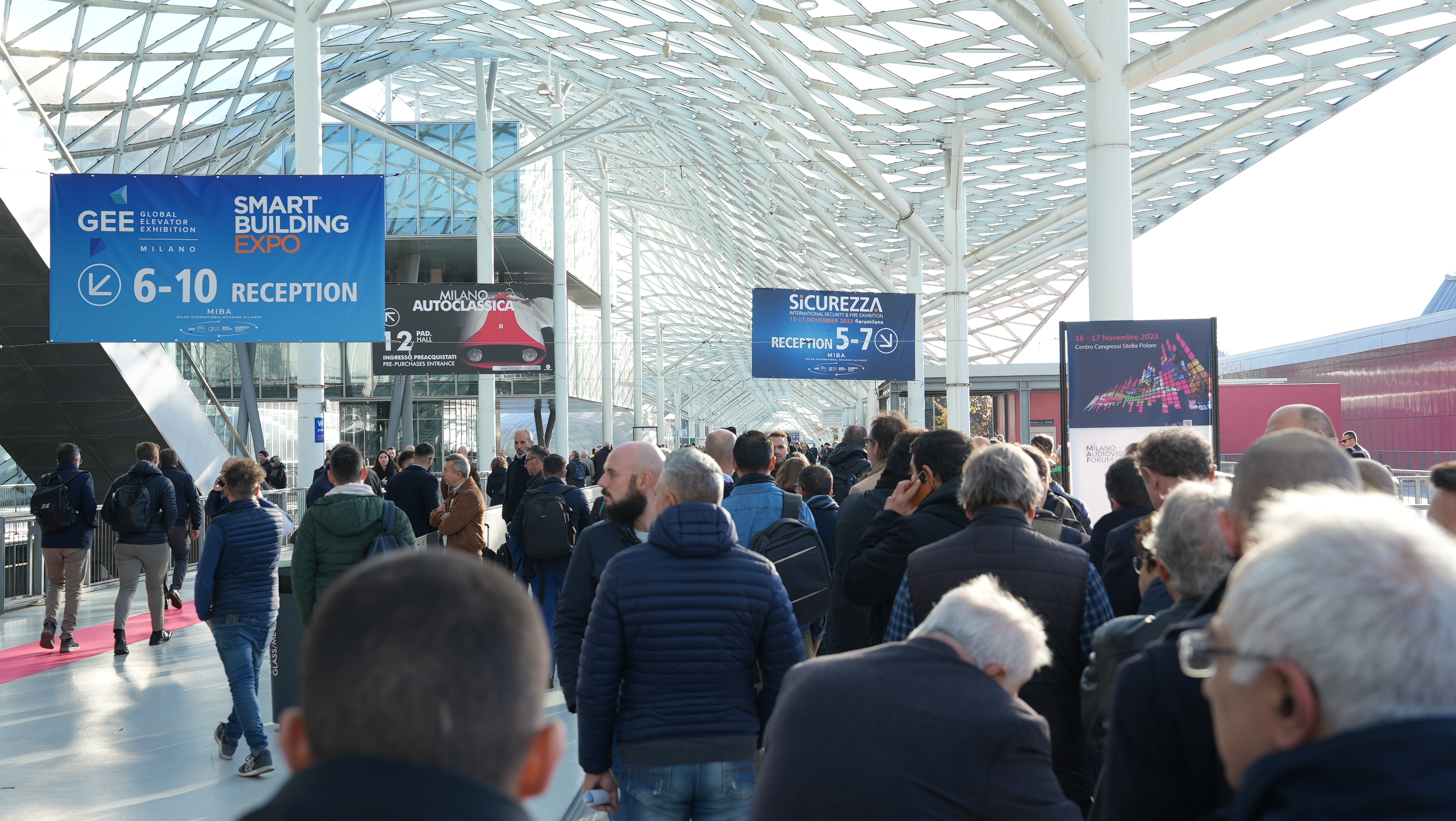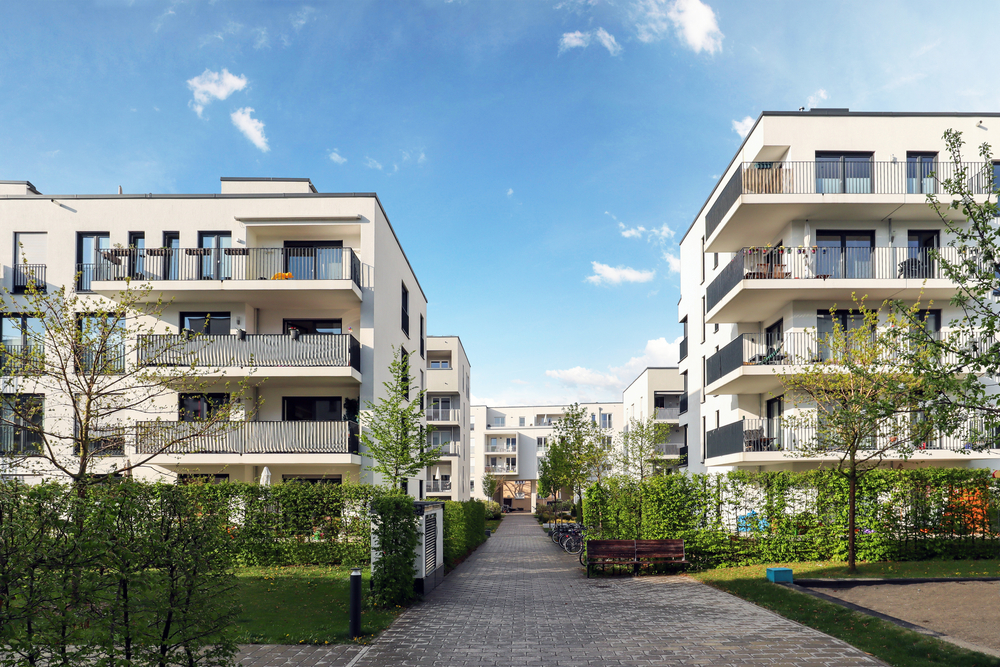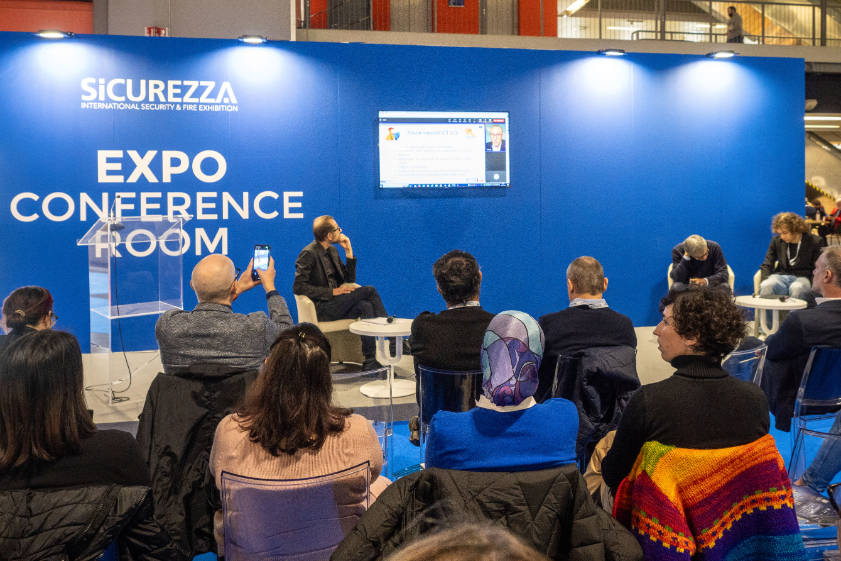The access control sector with electronic and digital locks is evolving to respond to the increasing attention to data security and user privacy.
The most intelligent and high-tech solutions provide centralised access management, allowing security officers to monitor and control access from a unified platform. This may require integration with identity and access management (IAM) systems, such as Active Directory or LDAP, and the ability to generate reports on access activities. Other solutions include the use of mobile applications, allowing users to unlock access remotely.
Therefore, it is important that these applications are designed to protect data, such as by using advanced authentication protocols and end-to-end encryption. This requires the use of sophisticated technologies, robust security procedures and careful and responsible management of the information collected.
There are now many technologies available to improve access control data security. For example, digital locks can be equipped with two-factor authentication, which requires verification of a second factor, such as a PIN code or fingerprint, besides device identification. Also, digital locks can be equipped with advanced encryption to protect the data transmitted between the control device and the lock itself.
How has the access control sector changed and how is it changing with electronic and digital locks, including in relation to data management and data protection? CISA, DOM and DORMAKABA, already registered for SICUREZZA 2023, tell us about this.
For Maurizio Marguccio, CISA's Country Manager, it is important to ensure end users that electronic access control solutions, which can also be managed via smartphone, offer the same security and reliability as the mechanical locks that CISA manufactures. He says, “Mechanical safety, consolidated by a century of experience, is also guaranteed by CISA's in-house test laboratory, the only one in the sector to be accredited by Accredia, which includes both experts in mechanical safety and cybersecurity who collaborate with European associations to create safety standards. Thus, CISA is involved at all levels of the security chain. With regard to data protection, CISA ensures that communications between devices and control systems are encrypted in accordance with the highest standards, such as ETSI EN 303645, to prevent attacks on intelligent devices. Users can thus securely manage access using smartphones, smart devices, the internet and the cloud. In the residential sector, for example, the CISA DOMO Connexa solution offers a complete door-to-door route with devices for close-up and remote opening of the pedestrian gate, apartment building door and front door also via smartphone. In the non-residential sector, complete solutions such as electronic locks and handles, controllers, software and dedicated apps make it possible to control and manage all types of access and electrical signals”.
As Mauro Daga, General Manager of Dormakaba Italia, reports: “Physical security is increasingly moving in the direction of coexisting with logical technologies typical of the IT world. This allows for greater ease of management, flexibility of solutions and their application in increasingly specific settings; think of our entry-level solutions Evolo Smart and Exivo designed for small private environments and B&Bs.
However, at the same time, exposure to external threats and pitfalls is increasing, at the expense of the end-user's overall security, all at a rate that alerts the world.
With this in mind, dormakaba and all relevant industry players are committed to taking the utmost care in the design of digital solutions, products and services so that they can offer their customers the guarantee of security, safety and user privacy, as well as the harmonisation of these according to the application scenarios, as in the case of the newly introduced SafeRoute system for security doors and escape routes.”
Finally, according to Roberto De Gregorio, Marketing DOM-CR, certifications, differentiation of data storage environments and, above all, high-tech tools are essential: “The aim is to combine high standards of building security while ensuring data protection. This is why the DOM systems are certified to the highest safety standards: German quality, in a country where privacy protection is very high. Our electronic products are tested and recommended by major European governmental organisations. The evolution of these products also results in the coexistence of various environments in which the data is contained: in the DOM Tapkey access control system, the data is in the cloud, while in the DOM ENiQ system, it resides on the administrator's smartphone. Nevertheless, it is a matter of having, like DOM, the necessary technology to prevent situations that could, even potentially, lead to data breaches”.







